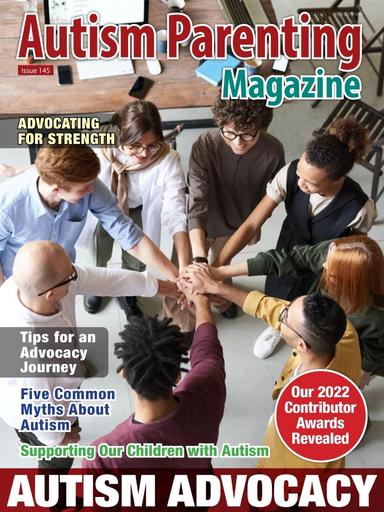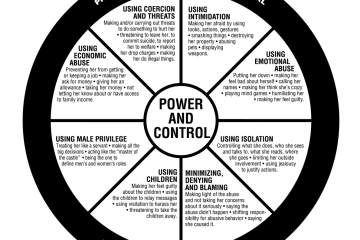Understanding Autism and Its Impact on Lives

Introduction
Autism, a developmental disorder that affects communication and behaviour, has gained significant attention in recent years. With an estimated 1 in 100 people in the UK diagnosed with an autism spectrum disorder, understanding its implications is crucial for fostering inclusivity and support within our communities. This article delves into the current state of autism awareness, the challenges faced by individuals and families, and the ongoing efforts to enhance their quality of life.
Current Statistics and Awareness
The National Autistic Society has reported an increase in autism diagnoses, highlighting a growing recognition of the condition. In 2022, a survey indicated that nearly 70% of the public had heard of autism, a substantial improvement from previous decades. Yet, despite this awareness, misconceptions and stigma still persist, often leading to social isolation for those on the spectrum.
Challenges Faced by Individuals and Families
Individuals with autism frequently encounter challenges ranging from communication disorders to social interactions. These can manifest as anxiety in unfamiliar situations or difficulties in establishing friendships. Furthermore, families of autistic individuals often face unique stressors, including navigating the healthcare system, accessing educational resources, and handling public perceptions.
Community Support and Resources
Fortunately, various organisations and support groups are working tirelessly to provide resources for individuals with autism and their families. From local support groups to national charities, these organisations offer education, advocacy, and social opportunities. Schools are increasingly implementing inclusive practices, allowing children with autism to learn alongside their peers, fostering understanding and cooperation.
Future Outlook
As we move forward, it is essential to continue advocating for autistic individuals and ensuring equal opportunities for all. Increasing public awareness, advocating for policy changes, and expanding educational resources are critical steps towards a more inclusive society. The ongoing debate about autism in various contexts – from workplace accommodations to educational settings – highlights the need for policies that consider the diverse needs of this community.
Conclusion
Understanding autism is essential for creating a world where individuals on the spectrum can thrive. By recognising their strengths and challenges, we can work together to promote inclusivity, acceptance, and support. As awareness continues to grow, there is hope that future generations will benefit from a more informed society that values neurodiversity and embraces every individual for who they are.









